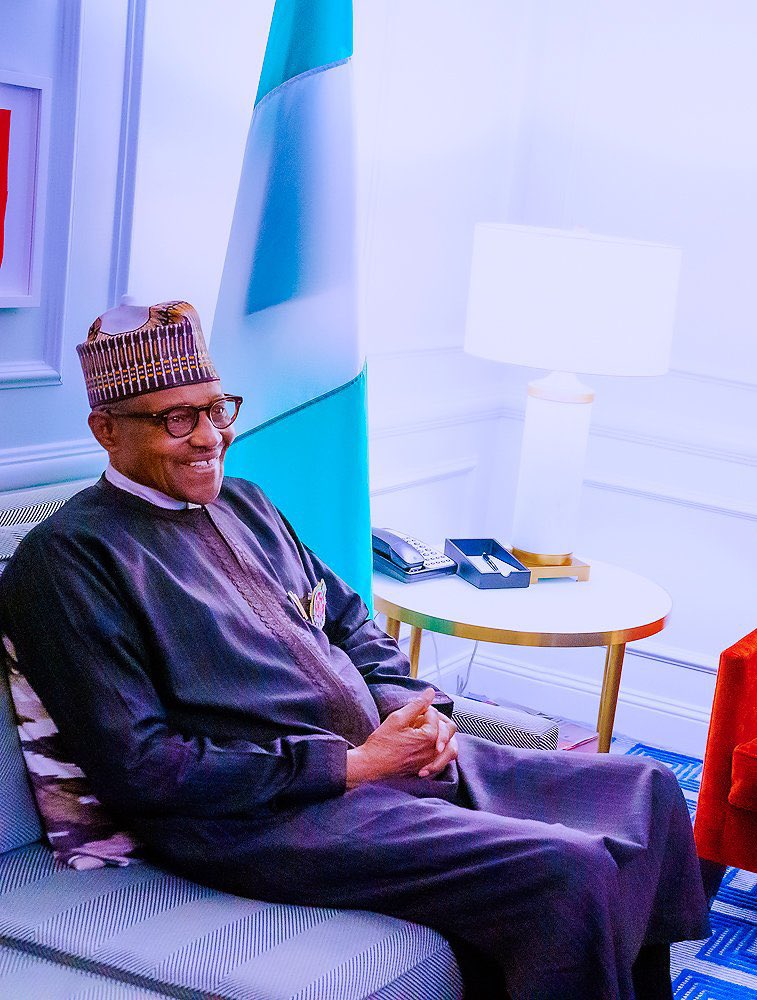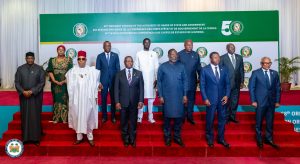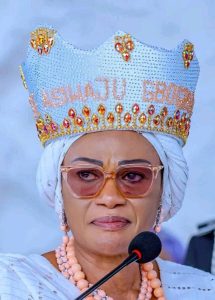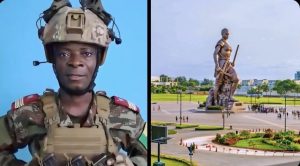The death of former President Muhammadu Buhari has created a vacuum in Northern Nigerian politics one that may prove difficult to fill. Much like the late Premier of Northern Nigeria, Sir Ahmadu Bello, the Sardauna of Sokoto, Buhari stood as a symbol of northern political identity and influence. This is not to overlook the towering legacies of Malam Aminu Kano and Sir Abubakar Tafawa Balewa, Nigeria’s first Prime Minister and the revered “Golden Voice of Africa.” Still, Buhari’s role, especially in the Fourth Republic, was distinct and consequential.
With his passing, discussions have naturally emerged about who can step into the void. Among the names frequently mentioned Bala Mohammed, Aminu Waziri Tambuwal, Rabiu Musa Kwankwaso, and Bukola Saraki none matches the national spread, political consistency, and staying power of Atiku Abubakar. He remains the only northern politician with a truly national appeal and structure, transcending ethnic and religious borders. Yet, this article is not primarily about succession but about the fickle nature of political praise in Nigeria.
In the wake of Buhari’s death, tributes have poured in, praising his integrity, discipline, and legacy. But history teaches us that these encomiums may be short-lived. Already, we can sense the shifting narrative. The much-publicized scandal involving former CBN Gov Godwin Emefiele, once portrayed as the lone actor behind controversial policies, may soon be revisited this time with Buhari positioned at the center of blame. Much like how Gen Ibrahim Babangida distanced himself from the June 12 annulment by placing the burden on Gen Sani Abacha, Tinubu may find it politically expedient to open a can of worms implicating his predecessor.
The signs are unmistakable. Buhari loyalists such as Nasir Ahmad El-Rufai, Abubakar Malami (SAN), Rotimi Amaechi, and Hadi Sirika may find themselves under renewed scrutiny. The Economic and Financial Crimes Commission (EFCC) is likely to intensify investigations, not purely for accountability, but also to neutralize perceived threats ahead of 2027. Anyone aligning with the opposition or suspected of having presidential ambitions may become a target.
The removal of DSS DG Yusuf Bichi is believed by insiders to signal the completion of a covert assignment: to ensure Emefiele failed to gain Buhari’s endorsement as presidential candidate; to sabotage the naira redesign policy; and to pressure him into writing off APC campaign debts. Though Bichi succeeded in stalling the endorsement and securing financial concessions, the naira redesign policy went ahead, complicating APC’s electoral strategy.
Meanwhile, before his emergence as the candidate of the APC a grand chess game was played. Former First Lady Aisha Buhari was reportedly engaged to counter underground political networks that threatened Tinubu’s path to the Buhari Cabal. Nyesom Wike, now a minister in the APC-led government, is allegedly deployed to sow discord within opposition ranks. These tactical moves are part of a broader strategy to weaken all credible opposition before the next election.
Yet, resistance is mounting. Sen. David Mark, Protem Chairman of the newly formed opposition coalition the African Democratic Congress ADC has warned of attempts to destabilize the coalition through judicial ambushes. But he also expressed confidence in the group’s resilience and unity.
As the road to 2027 unfolds, it is clear that the Tinubu administration will likely employ every available lever security, judicial, and political to suppress emerging threats. The true test, however, lies not in how far it can go to stifle dissent, but in how effectively the opposition can unite, endure the pressure, and present a credible alternative to Nigerians.
Ultimately, history will judge not just the legacy of Buhari, but also the character of those who seek to rewrite it for political convenience.






